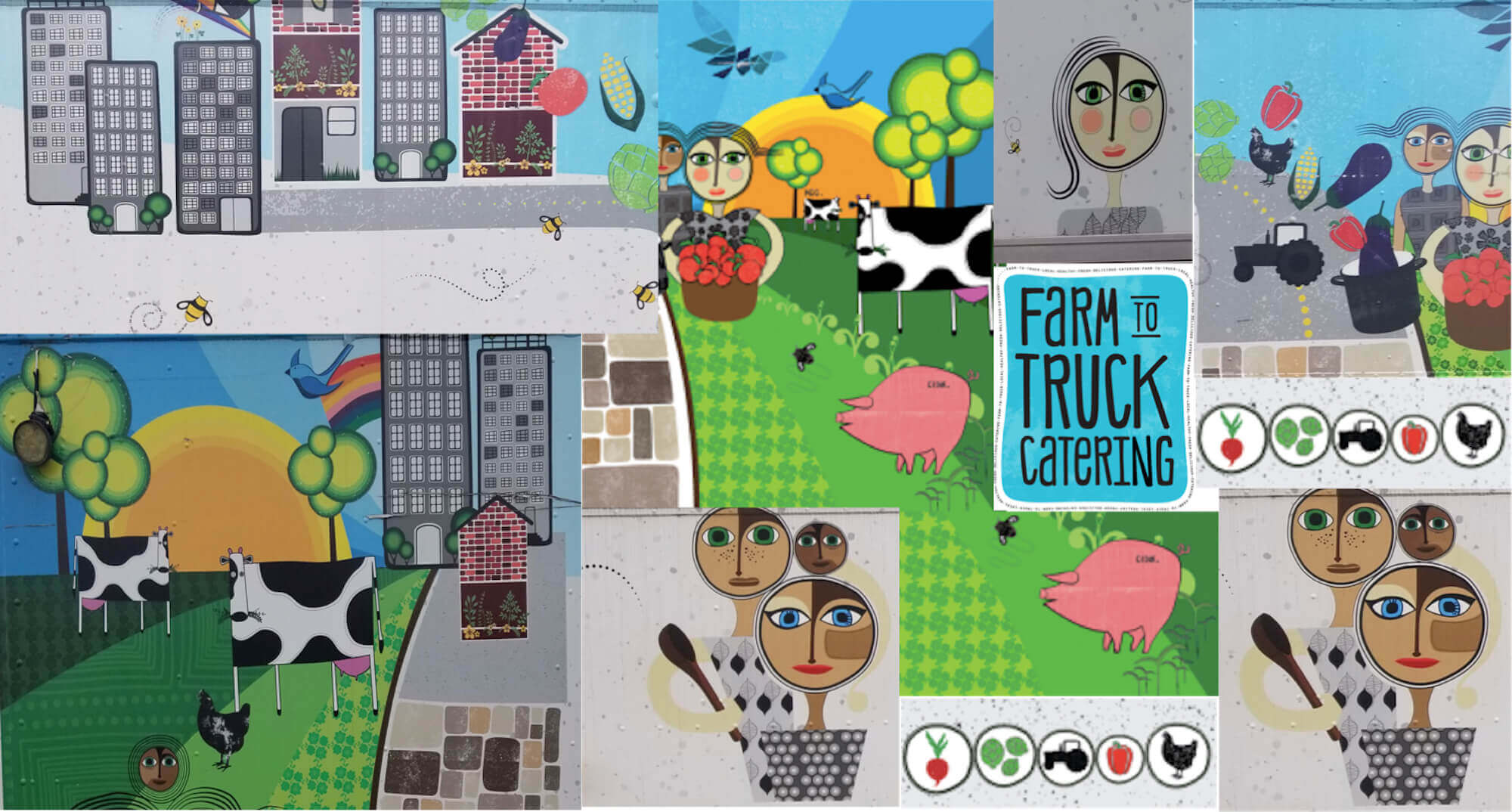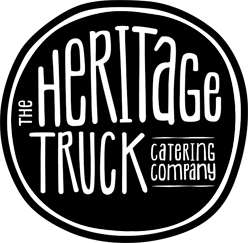THE DIMENSIONS OF FOOD
One of the first questions you will need to ask yourself when picking a caterer for your event has to do with the type of food you wish to serve. Here are six dimensions that may help you decide what type of food you wish to serve.
- As an event organizer, your job is to pick a mix of:
- Deliciousness
- Affordability
- Nutrition
- Creativity
- Ethnicity
- Sustainability
All caterers, implicitly or explicitly, weave their own path across the dimensions of this model (we call it the DANCES model since this, is, well, what our food should make you want to do). They often pick a dominant dimension and sacrifice others (e.g., low-cost, good-tasting food that is bad for you; Mexican food that is ethnically authentic, but neither nutritive, nor sustainable; farm-to-table food that is expensive; healthy boring food, etc.). The hard part is to break the trade-offs between those dimensions and create an offering that scores highly on all six dimensions at once. This is the challenge Heritage Food Truck Catering is taking on. We view this as a journey that has no end and feel we have just begun.
THE FOOD OF HERITAGE FOOD TRUCK CATERING
Our food is Delicious because it relies on the freshness of ingredients from our farm partners and local aggregators and on the culinary talent of Chef Lorena. Our recipes are complex, with a large number of ingredients whose interaction Chef Lorena continuously analyzes in our kitchen.
It is Affordable because we have very little food waste since we only prepare meals for which we have pre-paid orders, since we only prepare food for events in large quantity (as opposed to street-vending food trucks or providers of individual meals who have to bet on demand every day), and because we help local farmers reduce their cost by helping them scale their production.
Our food is Nutritious because, under the leadership of Dr. Gary, we design meals that allow you to “eat the rainbow” of colored vegetables, giving you the anti-inflammatory nutrients that will prevent the development of chronic diseases. Our meals also make disproportionate use of the omega-3 “good fat” that is missing in most Americans food diet. We also utilize the compensating power of potassium to neutralize the inflammatory impact of salt on the body and similarly use fibers and protein to help “flush out” the use of sugar in some of our dishes.
Our food is Creative because our chef is passionate about creating unique flavors at the intersection of farm-fresh local ingredients and ethnic cuisines of the world, two points of departure that are typically not found in the same food. Most ethnic foods do not generally rely on locally-sourced ingredients. Farm-to-table food typically consists of more traditional Western farm fare (salads, grilled meats, etc.) and does not focus on developing exotic dishes inspired by ethnic cuisines of the world.
Our food is Ethnic in inspiration since Chef Lorena acts as a curator of the rich culinary and cultural diversity of the various waves of immigrants in greater Boston, and in our hometown of Malden in particular. Chef Lorena happily channels the traditional foods of Italy, Ireland or France, while constantly exploring the new flavors of Latin America, the Caribbean, Asia or Africa.
Our food is Sustainable, first and foremost because it utilizes locally-sourced farm products, thereby minimizing the distance travelled by our ingredients, but also because we work with farmers who work with Integrated Pest Management techniques.
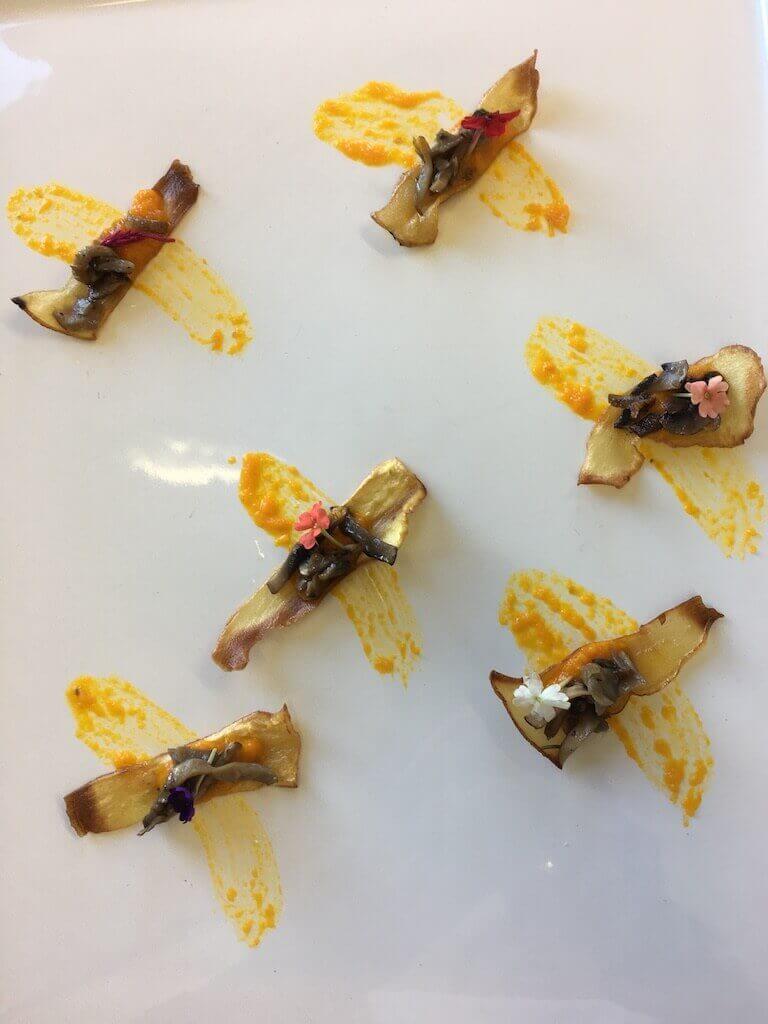
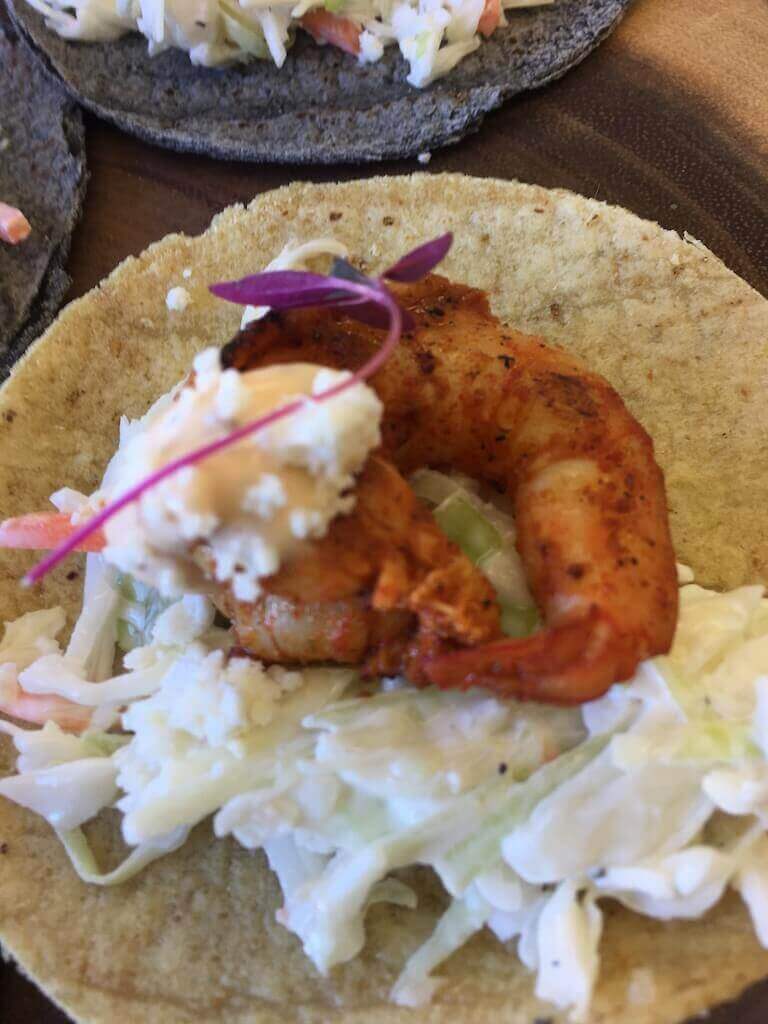
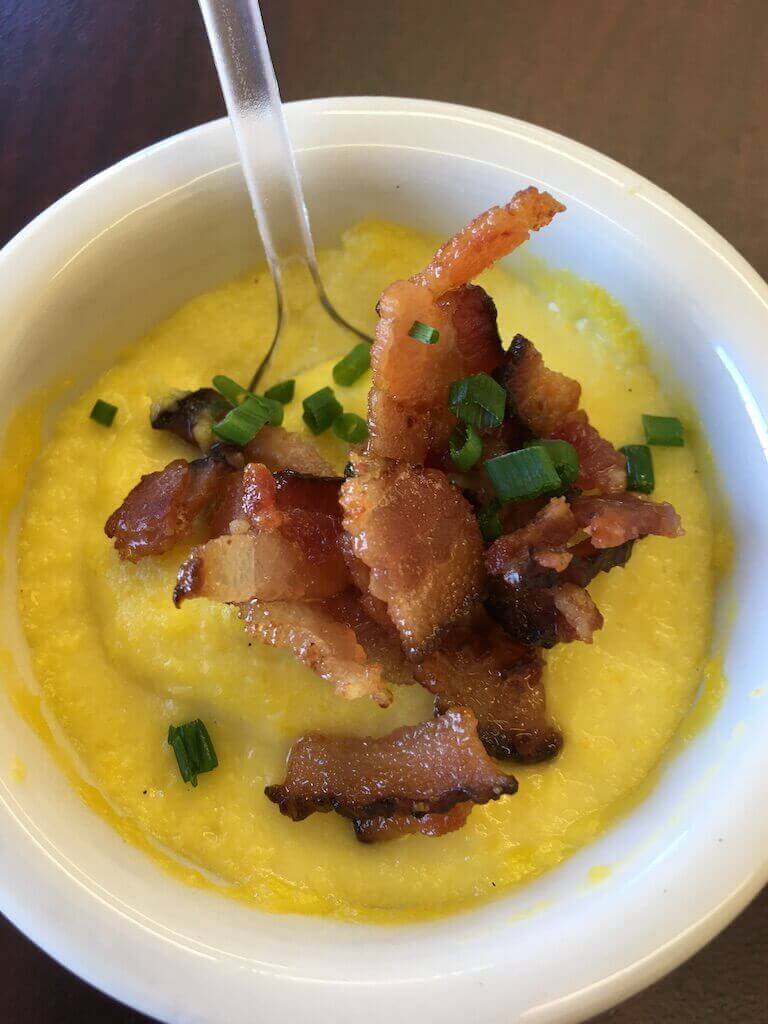
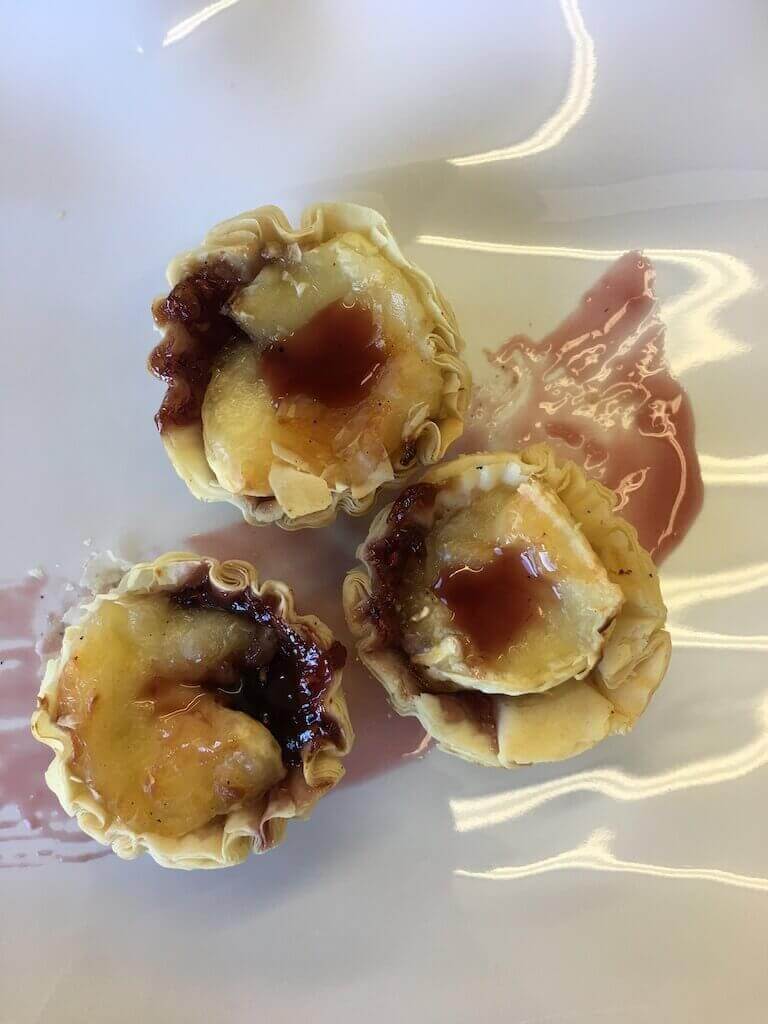
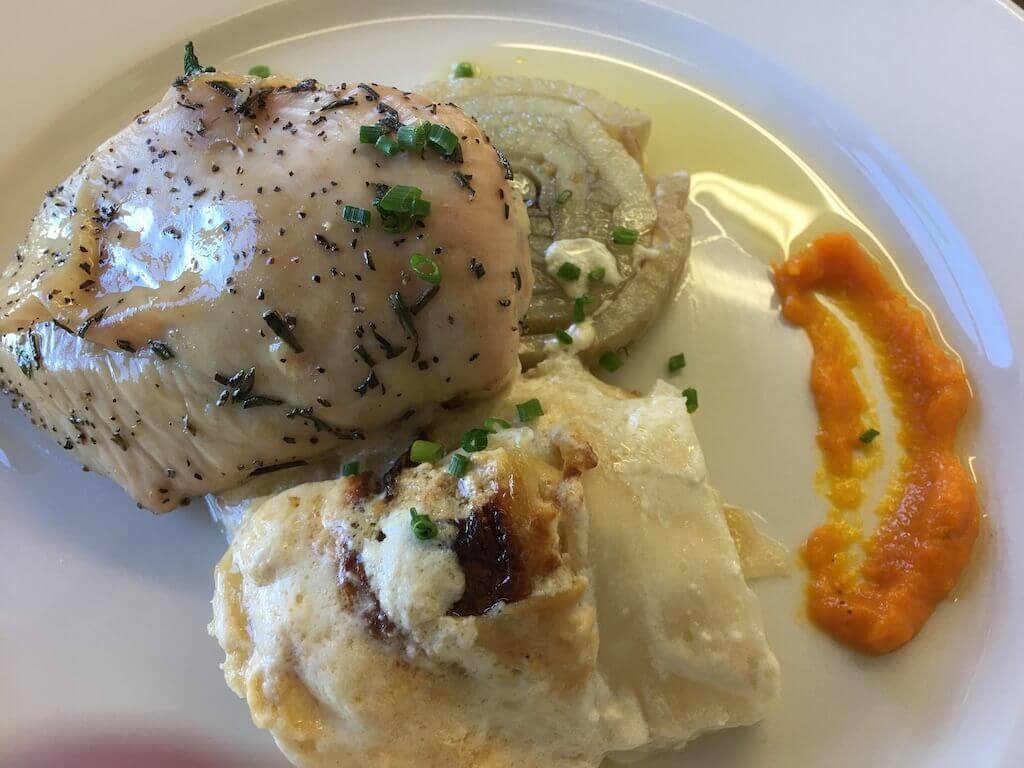
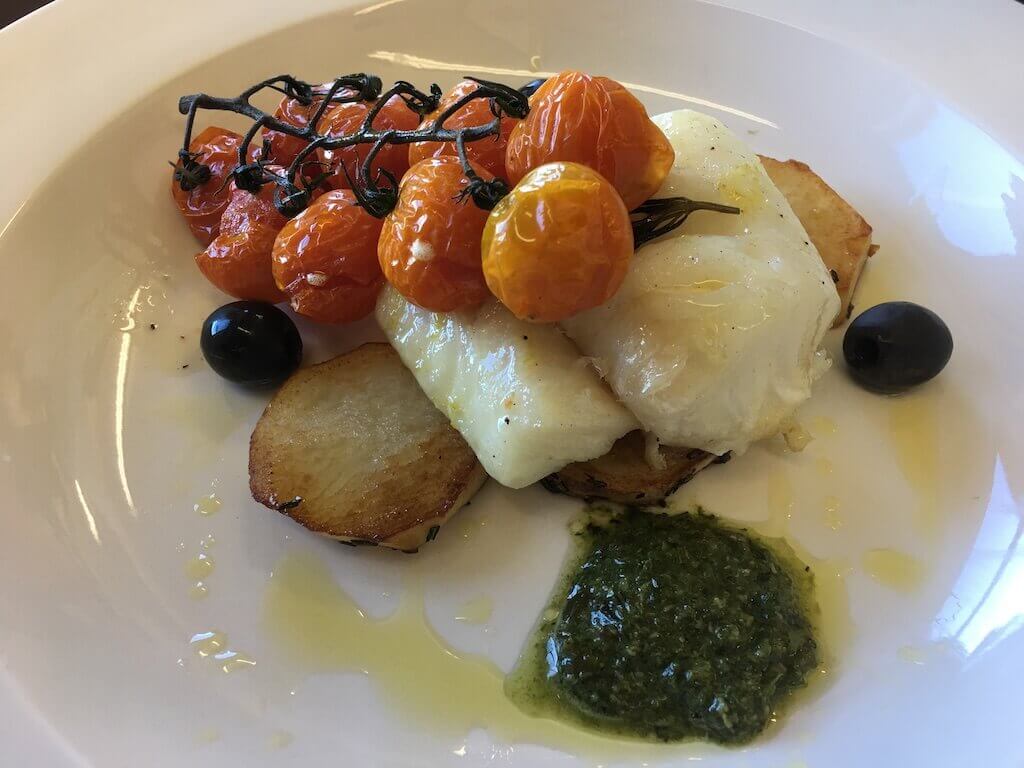
SHOULD I TRUST FOOD TRUCK FOOD?
The general rap on food truck food is that it is cheap, delicious, fashionable, ethnic, (relatively) safe and not particularly healthy or sustainable. To be blunt, there are huge variations across food trucks, but this assessment aptly represents where the center of gravity of the industry lies. At one extreme, there are (many) marginal players struggling to meet the minimum regulatory requirements for their kitchen and food truck (yes, each food truck needs to be attached to a kitchen, more on that below).
At the opposite extreme are (a few) high-quality food trucks that aim to disrupt traditional venue-based “glove and chandelier” caterers. Heritage Food Truck Catering resolutely stands at that end of the industry. Visit our kitchen!
UNDERSTANDING HOW FOOD TRUCK FOOD IS PREPARED
Here is what you should know about food catered from food truck caterers, whether the food truck is actually involved in delivering the food to you or not.
By regulation in Massachusetts, all food trucks need to be attached to a commissary kitchen where their food will be “prepped”. The “prepping” of food refers to a succession of steps:
- The storage of ingredients in dry, refrigerated and frozen storage areas,
- The chopping of vegetables, meat, fish, fruit on so-called prep tables,
- The pre-cooking or cooking of food batches (e.g., sauces) or full dishes on a hot line made of large skillets or kettles, grills, burner stoves, fryolators or ovens,
- The packaging of semi-finished (if to be finished on the truck) or finished food (if served directly from the kitchen) in either storage bins (e.g., cambros), dish pans or individual packages.
- The storage of intermediate or finished products (while awaiting delivery).
Most casual observers of the food truck industry believe that food truck operators do all the prepping and cooking of food on the truck. This is a wide-spread misconception. All the prepping is done in a traditional kitchen, with only the finishing and serving typically done on the truck.
MAKING SURE KITCHEN AND FOOD TRUCK ARE COMPLIANT
Also by regulation, each kitchen and food truck needs to be licensed for retail sale by the city where their kitchen is located, in our case the city of Malden, MA. The Heritage food truck is attached to the commissary kitchen of its sister company Stock Pot Malden.
Stock Pot Malden is a licensed shared kitchen that houses about 15 different food entrepreneurs, including about 7 food trucks, among them the Heritage food truck. There are only a handful of licensed shared kitchens in Massachusetts. Shared kitchens are a rapidly growing industry in Massachusetts and elsewhere in the United States, as food is increasingly becoming home- or office-delivered and disconnected from restaurants. A few food trucks have achieved sufficient size to open their own brick-and-mortar place which allows them, pending zoning requirements, to also use their restaurant kitchen as commissary kitchen for their food truck(s). For all others, a shared kitchen is the place that allows them to exist.
Your food truck caterer should be able to show you documentation showing that he or she possesses a commissary letter and a food truck permitting letter from their municipality of record. Some food trucks operate at the edge of compliance, often illegally sharing space with restaurants during off hours, working out of dining halls or churches that are unaware of regulation, or simply utilizing “dark kitchens”.
